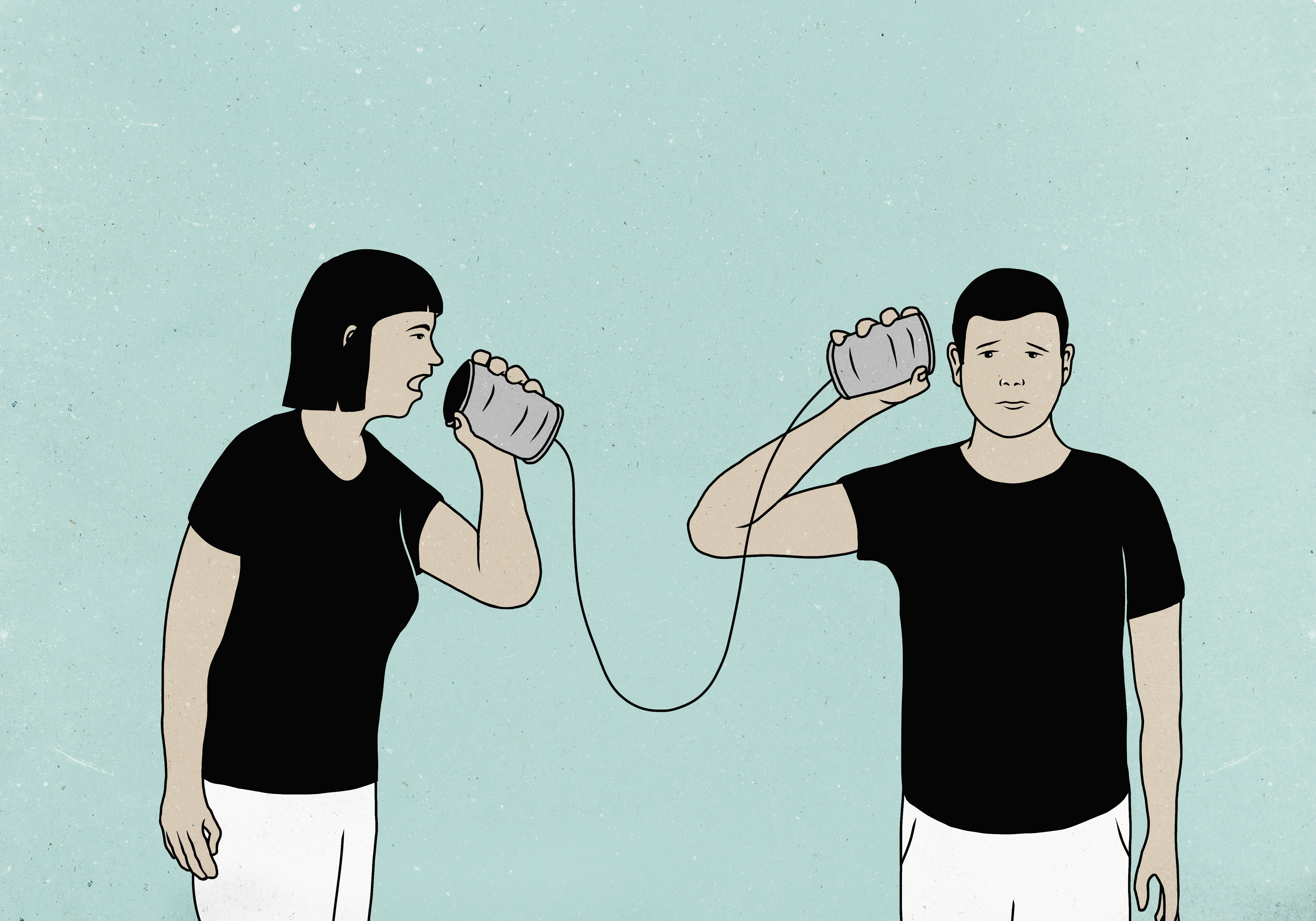Editor’s Note: Strong relationships are at the core of a happy life, but sometimes, dealing with the people in our lives is tricky. That’s why Thrive Global partnered with The Gottman Institute on this advice column, Asking for a Friend. Every week, Gottman’s relationship experts will answer your most pressing questions about navigating relationships—with romantic partners, family members, coworkers, friends, and more. Have a question? Send it to [email protected]!
***
Q: How often do healthy couples argue? And is there an art to having a successful argument? My partner and I have grown tremendously by talking through our disagreements, but I sometimes wonder if it’s happening too frequently, or that we’re dwelling on the negative. Are there “best practices” when it comes to arguments? -A.G.
A: I actually think there’s no one-size-fits-all answer to this question. Healthy couples exist in all shapes and sizes. Some couples argue a lot. Others, not so much. The distinction can be individual, or even cultural.
Here’s another take that might surprise you: The frequency of arguments is irrelevant. But yes, there is an art to having successful argument. The art is repair. When couples come into my practice concerned about conflict, their goal is often to resolve. But repair is more important than resolve.
Statistically speaking, most issues in a relationship (69 percent) are not solvable. As a result, solving and/or re-solving often feels like an exercise in banging your head against the wall. It’s simply not possible. These kinds of problems are generally hard wired into the relationship by virtue of your respective personalities. One party may be an introvert while the other is an extrovert. Maybe one is a neat freak and the other is comfortable with messiness. Maybe one’s an atheist and the other is a person of faith. These things are not likely to change over the lifetime of the relationship. It doesn’t make any sense to try and “resolve” them.
So here’s the secret: Learn to solve your solvable problems. Solvable problems usually come down to down to systems and rules. Are there simple, if not quite known, solutions that could eliminate the conflict? I think yes…you just have to get creative.
Here’s an example. When my kids were both still in diapers, my wife and I would often play a game on weekends called “Who Can Pretend To Be Asleep The Longest.” I was very good at this game. And I often won, except that when I won, I lost. I ruined many a Saturday and Sunday by pretending to be asleep while my wife woke up with our kids. My wife would be upset and angry that I wasn’t fulfilling my duty.
Eventually, we established a rule. Dad wakes up on Saturday. Mom wakes up on Sunday. We never wavered. Never compromised. Never even asked. It was just the rule. We solved a solvable problem.
When it comes to the more perpetual problems (you’re an introvert and your partner is an extrovert; you’re a neat freak, your partner is messy; you love a God your partner doesn’t believe in), these require more dialogue, more grace, more compromise. Resolving them isn’t possible. Repairing them is. You need to prioritize dialogue. Not simply conversation, but an actual effort to understand your partner’s point of view and seek compromise.
Dr. Gottman suggests that the goal of conflict is understanding. As best practices go, that means learning to be curious and compassionate and creative about perpetual issues. It means learning to accept that difference doesn’t have to be painful. It can simply be present.
Start by discerning the difference between solvable and perpetual issues. Again, perpetual issues are the ones that are connected to your core values and essential personality traits. An honest evaluation of both self and the relationship will reveal these pretty quickly. Once you’ve unearthed them and chosen to be gracious as you work through them, you can turn your attention to solving your solvable problems, and using specific strategies to minimize the pain of the petty.
So it’s not about how often you fight. It’s about shifting from dwelling on the negative to pursuing what’s “best” for the relationship.
Follow us on Facebook and sign up for our weekly newsletter for all the latest news on how you can keep Thriving.
More from Asking for a Friend here.


